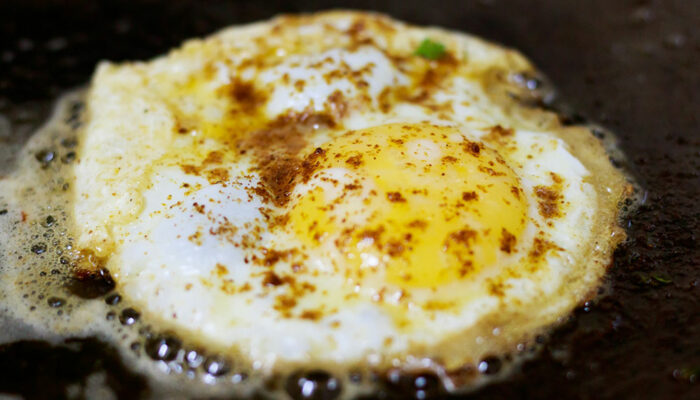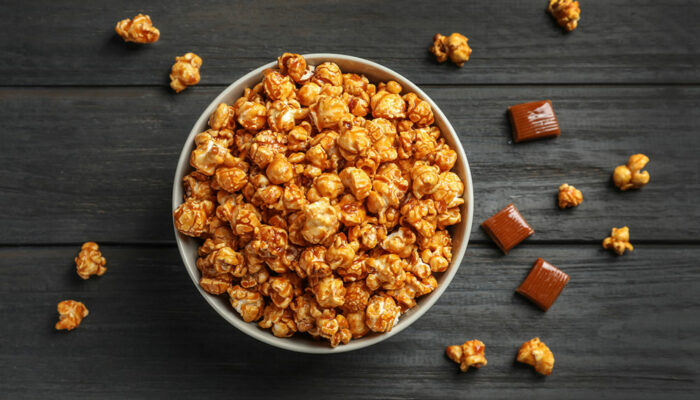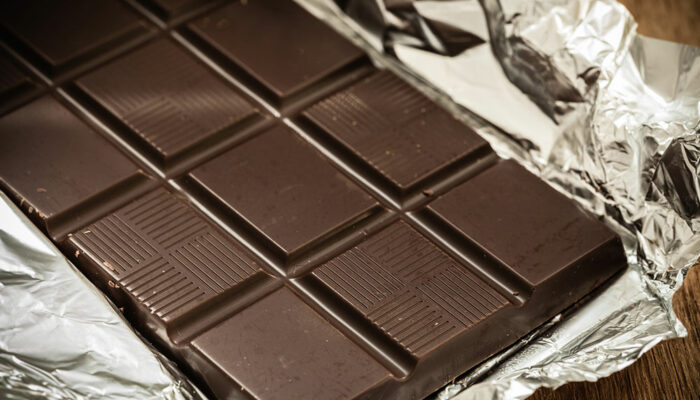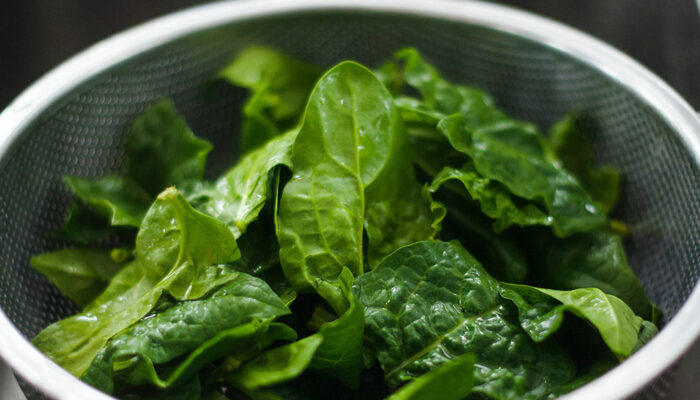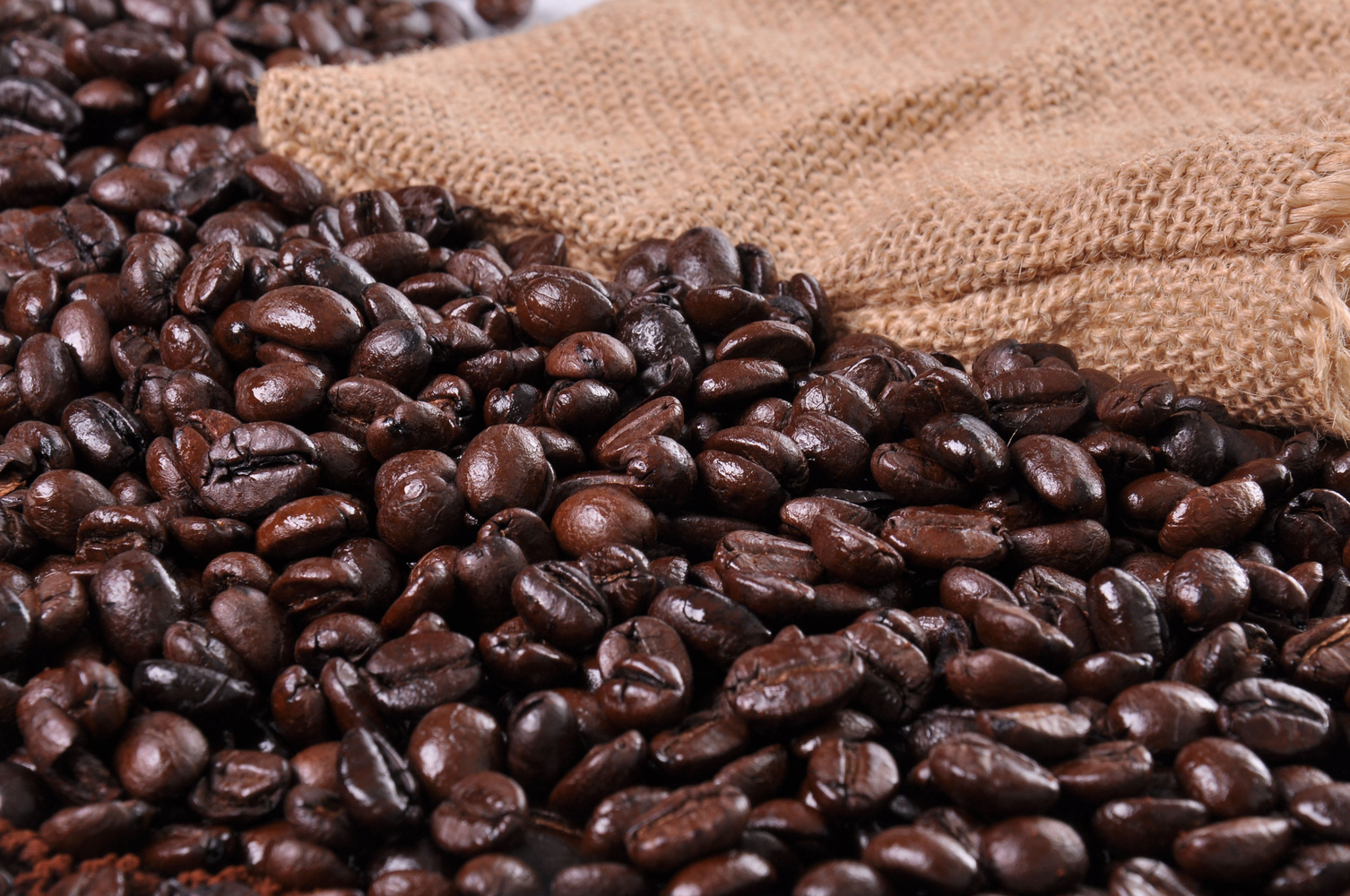
5 Foods That Osteoporosis Patients Should Not Eat
Osteoporosis is a devastating disease that leads to your bones becoming frailer over time and more brittle over time. It can lead to bruises and fractures from minor causes, such as a bump or small fall. At times, this disease can lead to even death, especially if you have a hip fracture or other devastating break from the disease. There are foods that can help in your symptoms of osteoporosis, however, as well as foods that you should absolutely avoid as seen below.
1. High-salt foods
Osteoporosis primarily affects women who are considered seniors. Salt is one of the riskiest foods for women who are past the age of menopause, as it reduces calcium and destroys other bone minerals. Most Americans eat twice as much salt as is good for their bodies, so it is important to try to eat a diet that is low in salt if you do suffer from osteoporosis to avoid more bone loss.
2. Alcohol
Alcohol can be extremely damaging to your skeleton, leading to low bone mass. The only alcoholic beverage that can be consumed in moderation is red wine as it can actually improve bone strength. Do not drink any more than one or two glasses per day, however, or you run the risk of losing the bone nutrients your body needs. If you are already a heavy drinker, start limiting your intake to protect your bones.
3. Beans and legumes
Beans and legumes affect the calcium absorption in your body, which is essential when you have osteoporosis for strong bone health. The specific substance that causes this lack of absorption is called phytate, and it is especially found in peas and pinto beans, to name a couple of examples. You can still consume beans, however, as they do have other nutrients such as magnesium, but it is important to soak them first to remove the phytates.
4. Foods with excess vitamin A
Avoiding vitamin A may seem contradictory, especially as this vitamin is necessary for your bone health and your strength. If you eat too much vitamin A, however, it can have the reverse effects and start damaging your bones. Do not eat livers and fatty meats more than once a week if you have osteoporosis. You should also avoid the consumption of fish oil and other fats in overuse as they can aid the body in storing vitamin A.
5. Caffeine
Many individuals rely on caffeine throughout the day, drinking soda, coffee and teas all day long. If you have osteoporosis or are at risk for the disease, however, many doctors advise you not to drink more than three cups of caffeinated beverages. Too much intake of this ingredient can lead to a loss of bone mass and less calcium absorption in your body. If you need a hot drink all day, consider a herbal tea that is caffeine-free instead.
Osteoporosis can be a devastating disease if you do not take the precautions to protect your bone health as much as possible. One way to protect your bones is to avoid eating the foods that are listed above, as they are all damaging to your skeleton in some form. Consider foods that are rich in calcium and Vitamin D, which are excellent sources of minerals for your bone health.
